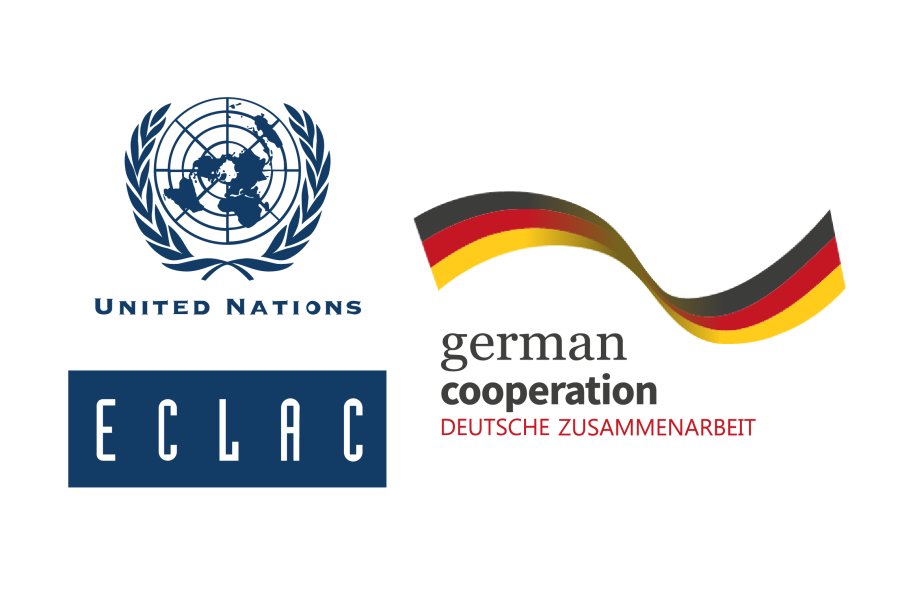Planning for disaster risk reduction within the framework of the 2030 Agenda for Sustainable Development
Work area(s)
Planning for disaster risk reduction within the framework of the 2030 Agenda for Sustainable Development
- Publication type: Project documents
- Author: Bello, Omar; Bustamante, Alejandro; Pizarro, Paulina
- Physical description: 61 páginas.
- Publisher: ECLAC
- UN symbol (Signature): LC/TS.2020/108
- Date: 5 February 2021
Abstract
A disaster can cause countries to lose the economic and social ground that they have worked for decades to gain and can have even more severe impacts on the most vulnerable groups in their populations. The extent of its impacts will depend on the countries’ ability to identify and address their vulnerabilities.
This study, which is intended for use by policymakers, in particular, explores the ways in which development planning can lay the foundation for a comprehensive transition from disaster management to disaster risk management. It advocates the adoption of system-based approaches, in keeping with those outlined in global development frameworks, and the attainment of a fuller understanding of the nature of disaster risk that will pave the way for new lines of research and for new methodologies and opportunities for planning before, during and after a disaster.
Table of contents
- Introduction
- I. Disasters caused by natural phenomena
- II. Sustainable development planning and disaster risk management
- III. Information systems, statistics and indicators for disaster risk management
- IV. Conclusions.
